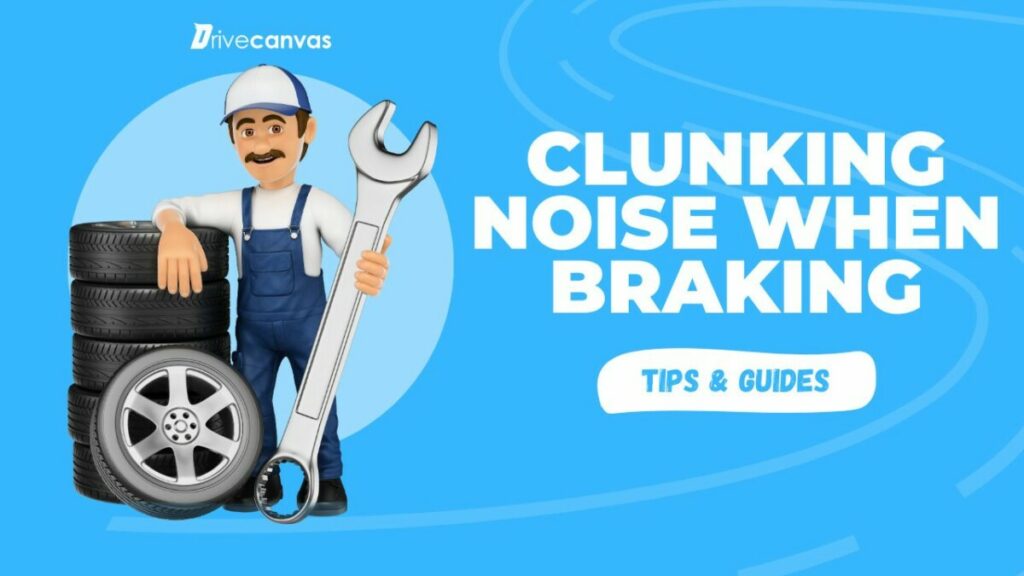Just imagine this – you’re just vibing in your Jeep, enjoying the rhythm of the road when suddenly, a jarring clunking noise invades your tranquil cruise. It’s like some terrible orchestra rehearsing every time you step on the brakes. Don’t freak out, you’re not the only one grappling with this issue. Many Jeep enthusiasts are left puzzled, even after switching out brake pads and rotors.
Could it be a glitch in the suspension, or perhaps a warped subframe? Well, we’re about to deep dive into the usual suspects and potential solutions for this troubling braking noise. So, strap in and grab your detective hat, let’s solve this mystery together.
Get ready for a thrilling ride into the world of automotive troubleshooting!
What’s Up With the Clunking Noise When I Brake: Causes and Solutions?
That concerning clunking noise when you brake could be due to worn out brake hardware, loose or damaged suspension components, or a problem with the brake calipers. Be sure to get a mechanic to check it out for the right diagnosis and fix.
So, you’ve started hearing this weird clunking sound when you hit the brakes, right? And it’s more noticeable when you’re cruising at lower speeds. Well, figuring out what’s causing this sound might be a bit tricky because it involves checking out different parts of your whip.
One possible culprit might be your brake pads. Over time, these bad boys wear thin, forcing the brake caliper to push deeper onto the rotor. This extra movement can cause that annoying clunking sound you hear every time you brake.
Now, there’s another thing that could be off – the alignment of your brake caliper. If it’s out of whack, it won’t apply even pressure on the brake pads. This can result in uneven wear and tear, and yep, you guessed it, more noise.
So, what’s the moral of the story? Regularly check your brakes for any signs of wear and tear, and make sure everything is lined up just right. This isn’t just a good habit, but a practical one that can help you spot and fix any issues before they become major problems. Plus, it’ll give you peace of mind and a smoother, safer ride.
Common Causes of the Clunking Noise
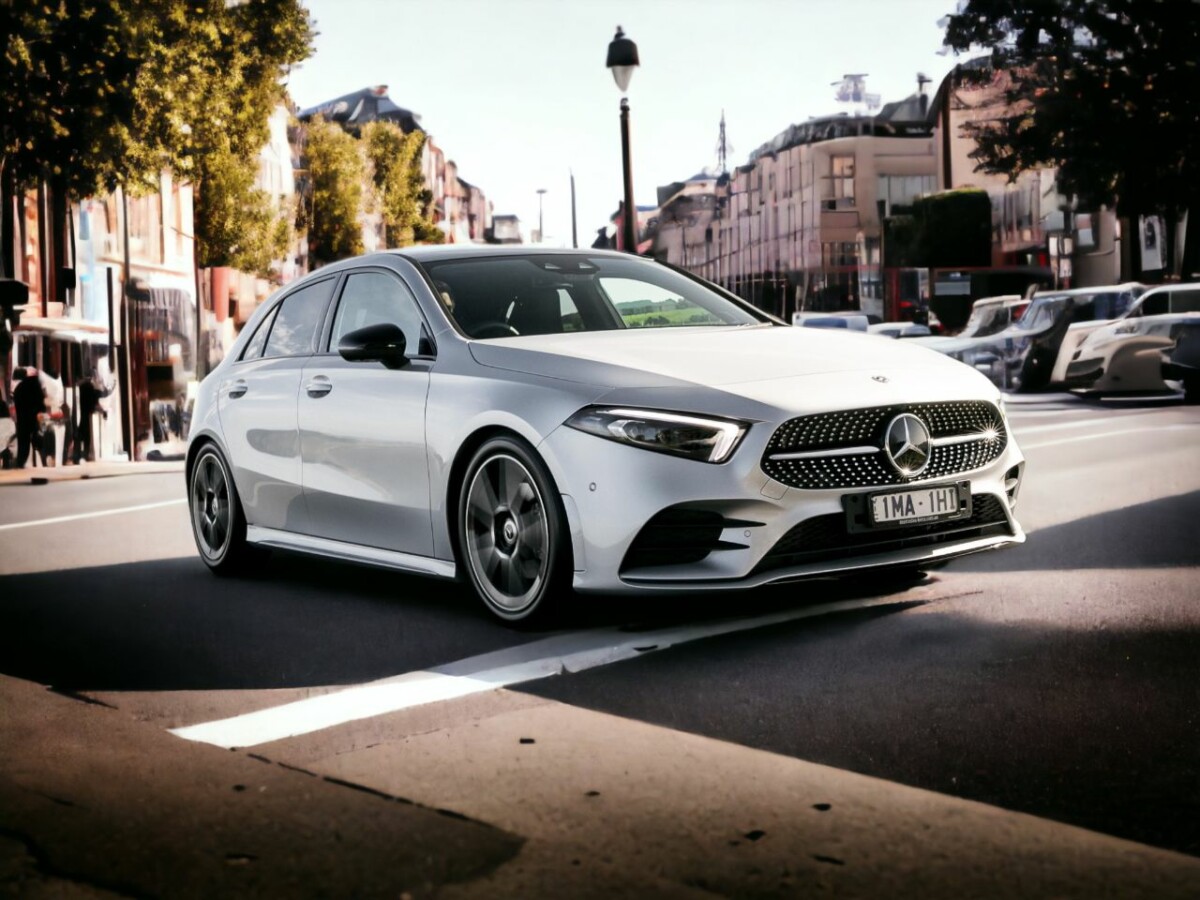
So, you’re hearing this annoying clunking sound every time you hit the brakes, right? Bet you’re scratching your head, trying to figure out what’s up with that. Well, it could be a handful of things.
First off, it might be that your brake pads are doing a little dance. Sometimes, they shift around when they shouldn’t. Annoying, but it happens.
Another possibility? Your suspension system might be having a rough day. This is basically the stuff that keeps your ride smooth, so if there’s trouble in paradise, it could definitely be the culprit.
And then there’s the chance you’ve got a bent subframe. Sounds scary, but it’s just a part of your car’s structure. If it’s out of shape, you’ll know it – and not in a good way.
Hopefully, breaking down these potential causes helps you figure out where that pesky noise is coming from. After all, nobody likes a car that talks back, especially not in clunky noises.
Brake Pad Movement
If you’ve been hearing a clunky sound every time you hit the brakes, it’s probably your brake pads playing up. They can shift and move around in the caliper, causing that annoying noise. This usually happens when the brake pads aren’t properly aligned or when they’ve worn out a bit too much.
You see, when your brake pads are out of line, they get a bit too much freedom and start wandering around, resulting in that clunking sound. And as your brake pads get worn out over time, they slim down, making it easier for them to move around within the caliper.
To avoid this, you need to ensure your brake pads are sitting pretty and straight, and you should also consider replacing them regularly. Regular maintenance is key, guys!
If that clunking sound is still there, though, you might want to take your ride to a professional. They’ll be able to spot any issues and make sure your brakes are working as they should. Safety first, always!
Suspension System Issues
So, you know that jarring clunking noise while braking? Yeah, it’s not just brake pad issues you should be worried about, but also potential snags in your suspension system. These can be set off by a bunch of factors, like the role of temperature on suspension performance and the aftermath of adventurous off-road drives on your car’s suspension parts.
Let’s break it down:
- Temperature Tantrums: Temperature shifts can cause your suspension components to expand or contract, leading to some really weird noises. Think about it – the cold weather can toughen up the bushings and boom, you’ve got yourself a clunking concert.
- Off-road Driving Drama: If you’re into off-roading, just remember it can put a ton of stress on your suspension. The result? Worn out bushings, ball joints, or control arms, all of which can whip up a clunking symphony when you hit the brakes.
- Loose Cannon Components: Over time, parts like sway bar end links can get loosey-goosey, stirring up a clunk every time you brake. So, it’s super important to keep a check on these and tighten them up regularly.
Bent Subframe Effects
Ever been cruising in your ride, hit the brakes, and heard a weird clunking sound? You might be dealing with a bent subframe, my friend. This isn’t just a minor inconvenience. It’s shaking up the balance of your ride and causing a cacophony every time you hit the brakes.
So, what’s a subframe? It’s the backbone of your car, keeping the engine and drivetrain in their places. Any damage to this crucial component, like a bend or dent, can seriously mess up how your car performs.
To figure out if a bent subframe is messing with your ride, you’ll need to do a little detective work. Check out the subframe for any noticeable damage signs, like misalignment or rust. Any issues? Time to get a pro involved.
But the drama of a bent subframe doesn’t stop at noise. It can also throw off your car’s alignment, speed up tire wear, and – let’s not sugarcoat it – put your safety at risk. So, don’t just brush off that clunking sound when you brake. It’s not just a random sound. It could be your car trying to tell you that your subframe is bent.
Suspension Issues and Their Relation to the Noise
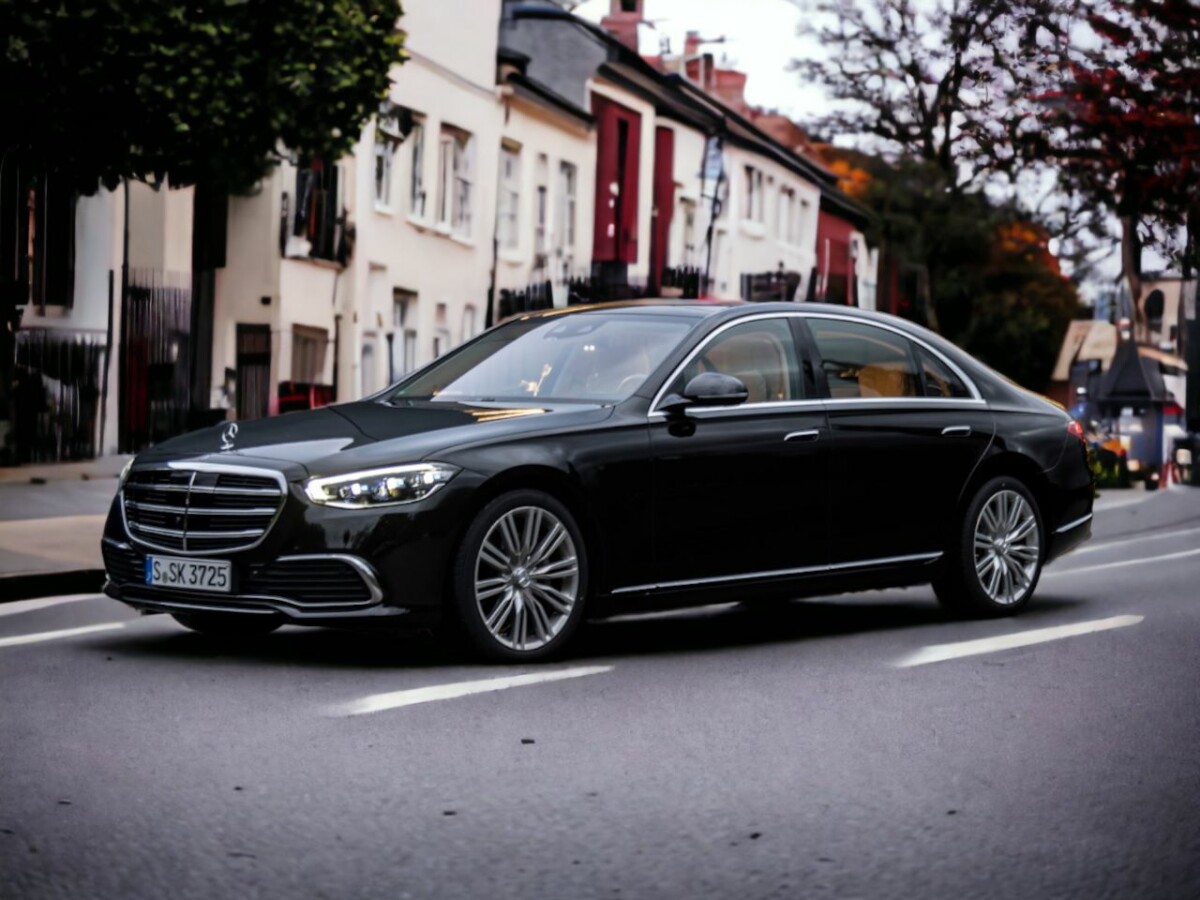
Before you jump right into swapping out brake parts, it’s key to keep in mind that the weird clunking sound you’re hearing when you hit the brakes might actually be coming from your suspension. There’s a couple things that can really turn up the volume on these sounds – weather and how old your ride is.
- Weather: When it gets cold out, suspension parts can shrink a bit and start making a racket if they’re not lubed up right. If it’s wet from rain or snow, rust can start forming and that’ll give you some creaks and clunks.
- Vehicle Age: Just like us, cars start to feel their age in their parts. The older your whip, the more likely it’s got worn-out shocks or struts doing the noisy dance when you’re braking.
- Worn parts: If your bushings are worn out, bolts are loose, or your shocks are damaged, you’re gonna hear some clunking. Keeping on top of regular check-ups and maintenance can catch these issues early so they don’t get worse.
Possible Solutions to the Braking Noise Issue
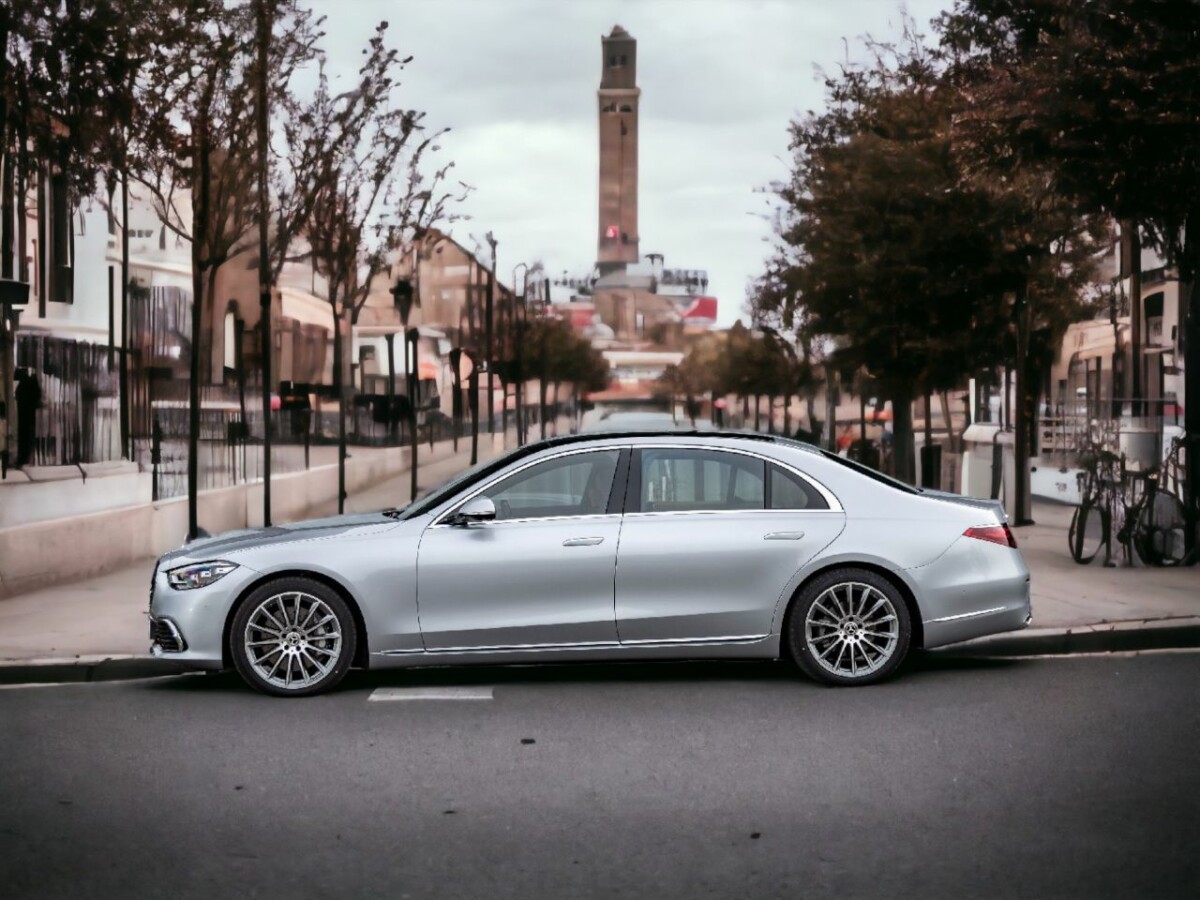
Alright, let’s dive into possible fixes for that annoying clunking sound you hear when you hit the brakes.
First things first, give your brake system a good once-over. We’re thinking the issue might be coming from brake pads that have decided to go walkabout.
But hey, don’t stop there! It’s also super important to check out the suspension system. Loose or worn out parts here could also be throwing their own little noise party. So, make sure to give them some attention too.
Inspecting Brake Components
Hey, if you’re hearing that annoying clunking noise when you hit the brakes at slow speeds, there’s a good chance something is off with your brake components. Let’s roll up our sleeves and dive right into this, shall we?
First thing’s first, you gotta check out your brake pads. See if they’re worn out or damaged in any way. They could very well be the mischief makers behind that clunking sound you’re hearing.
Next up, take a look at the calipers. Make sure they’re secured like they should be. If they’re loose, they could be moving in ways they’re not supposed to and causing that odd noise.
Lastly, it’s time to inspect the brake rotors. Keep an eye out for any signs of warping or damage. This could be the heart of your issue.
But hey, figuring out what’s causing brake noises can sometimes be a real head-scratcher. If you’re not totally confident in what you’re doing, don’t hesitate to reach out to a pro. After all, you don’t want to mess around when it comes to the brakes. Safety first, right?
Addressing Suspension Problems
Alright, let’s shift gears from brake stuff to your suspension system. Ever heard that rusty, clunky sound when you hit the brakes? Could be a sign of wear or damage in the suspension system – not cool, right? Things like a beat-up ball joint, control arm bushing, or a loosy-goosy sway bar end link could be the culprits causing this spooky sound.
Preventing these suspension issues is pretty straightforward – regular check-ups and maintenance. Make sure all the bolts are tight, and the components are shipshape. If you’re playing detective to find out what’s causing that braking noise, you gotta be systematic.
Start with a thorough look at each part of your suspension system. Keep your eyes peeled for any signs of wear and tear, damage, or any part that seems to be installed wrong. Spot a problem? Don’t just sit on it – replace the part.
The Role of Brake Components in the Clunking Noise
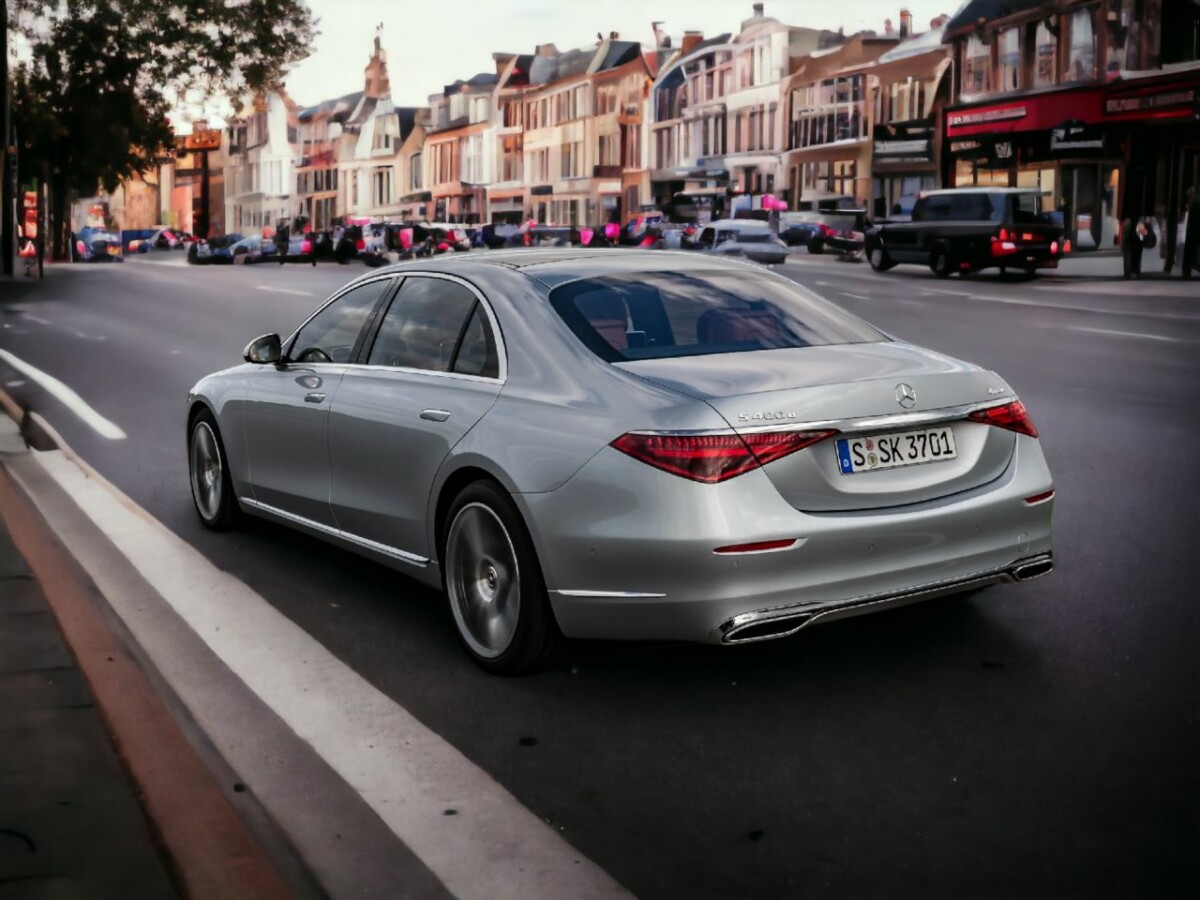
So, you’re hearing that annoying clunking noise when you hit the brakes, huh? Well, it might be time to take a closer look at your brake components.
These guys are often the main culprits behind such noises, and in particular, your brake pads and the state of your caliper are super important.
Let’s break it down:
- Brake Pad Wear: Here’s the deal, your brake pads aren’t invincible – they wear down over time. As they get thinner, they might start moving around inside the caliper which could cause that clunking sound you’ve been hearing. Keeping an eye on them and replacing them regularly can help you dodge this issue.
- Caliper Maintenance: If your calipers are loose or worn-out, they might start to vibrate and make all sorts of noise when you brake. So, make sure your calipers are always securely mounted and well-maintained.
- Brake Discs: Damaged or warped brake discs aren’t exactly silent either. They can also be responsible for that clunking sound. Make sure to get them inspected and replaced regularly for a smooth, noise-free braking experience.
Importance of Regular Vehicle Inspection to Prevent Such Noises

Regular car check-ups aren’t just about keeping your ride buttery smooth, they’re also your best bet against those pesky brake noises that can sneak up on you. Think about it, the perks of regular car TLC are a no-brainer: your car stays in top shape, lasts longer, and keeps those revs purring!
What’s the secret sauce, you ask? It’s all in the early detection, my friend. Regular check-ups mean you spot stuff like worn-out brake pads way before it becomes a problem. You know, when they start thinning out or when your rotors are looking a bit too groovy.
Catching these signs early means you avoid calamities like the calipers hitting the rotors. That’s usually the culprit behind the dreaded clunking noise. So, it’s pretty important to get your car in for a check-up regularly.
Wrapping Things Up
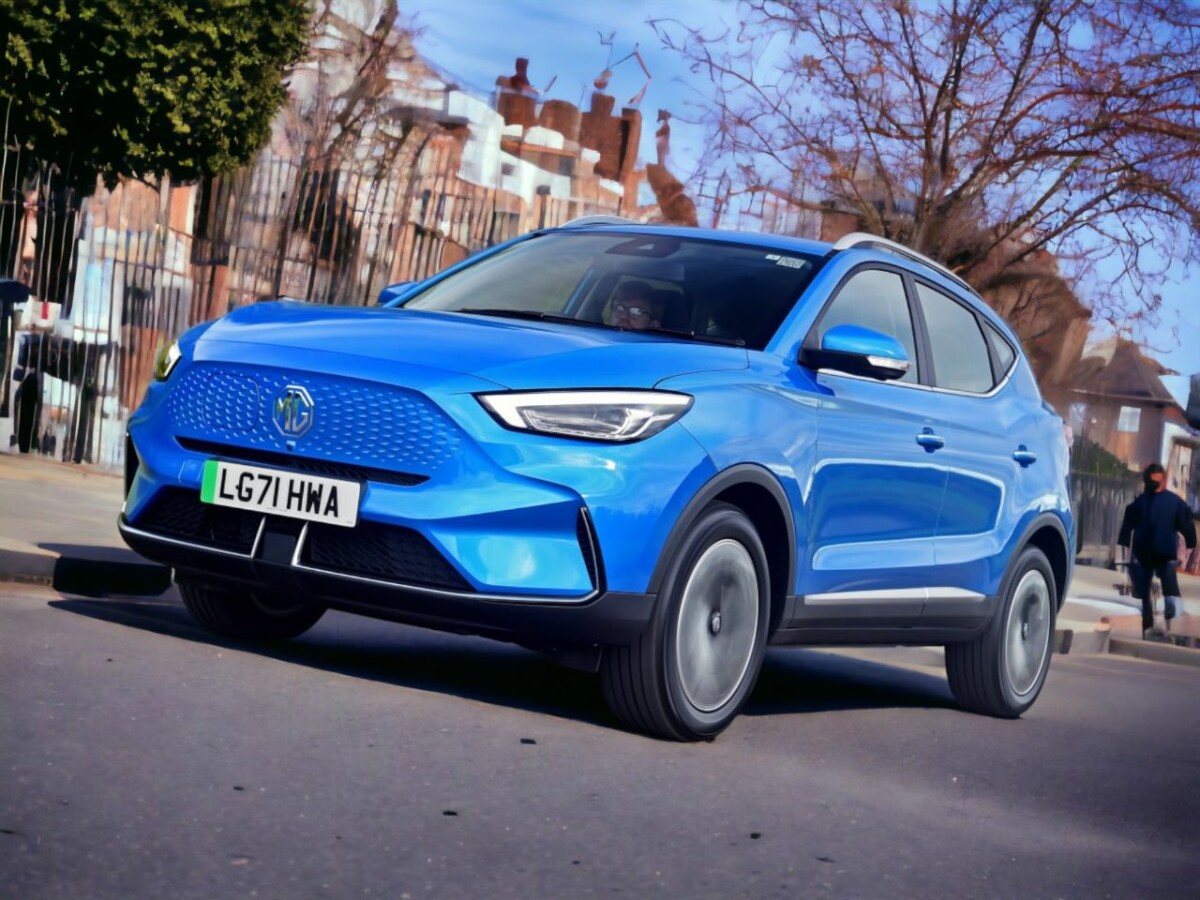
Alright, we’ve talked the talk about that pesky clunking noise you’re grating your ears on whenever you hit the brakes. Now it’s time to walk the walk — or in this scenario, drive the drive. Before we wrap this up, there are a couple more things you might want to keep in mind when tackling upkeep and repairs on your ride. Mercedes maintenance cost, for example, might leave you with a few more figures on your repair bill than you’d ideally like, so it’s always helpful to be prepared.
On the other hand, if you are not a Mercedes owner but still deal with rattling noises while cruising your town, I’ve got you covered with some extra knowledge. In fact, there’s another rub you might not know about regarding what rattling sounds mean when you’re driving slow. It’s not always about the speed but the sounds that come with it.
Lastly, something to just put out there for all you SUV enthusiasts. If you’re a big fan of Toyota Land Cruiser, then you might be wondering why is your dream car burning such a hole in your pocket. There’s actually a pretty neat explanation for this. So, just to sprinkle a bit of trivia here, do check out why the Toyota Land Cruiser is so pricey.
That’s all folks. So the next time you hear any clunk or rattle in your car, remember, the key is to stay informed, stay cool and keep driving on. Happy cruising!

